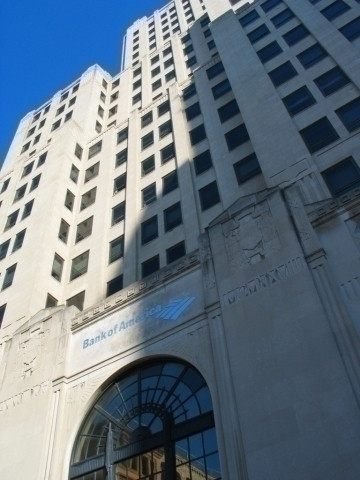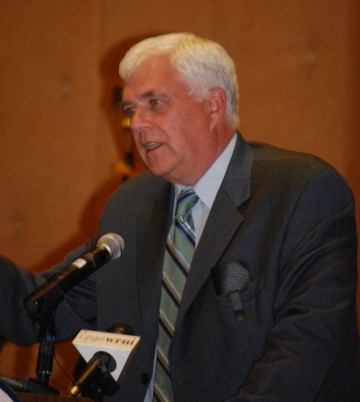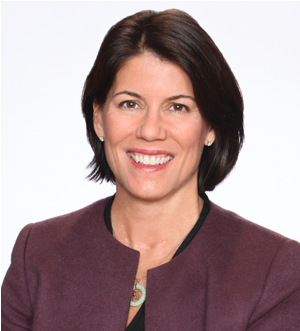Smart Benefits: The ADA Interactive Process Explained
Monday, February 13, 2017
The Americans with Disabilities Act (ADA) requires employers to reasonably accommodate their employees’ disabilities and engage in an interactive process when a request for accommodation is made. But just what is the interactive process?
According to the Equal Employment Opportunity Commission, the process occurs when the employee and the employer “communicate with each other about the request, the precise nature of the problem that is generating the request, how a disability is prompting a need for an accommodation, and alternative accommodations that may be effective in meeting an individual’s needs.”
During this process, the employer should take several steps:
- Review the specific job position to understand its essential job functions, which are the tasks that must be done by whoever holds the position. For example, a chef must be able to cook. The essential job functions are used determine whether an accommodation can be made. If an employee can’t do one or more of the essential job functions, even with accommodation, then the employer is not required to make an accommodation.
- Request medical information and supporting documentation as needed and as appropriate. While an employer doesn’t have to take the employee’s word that they have a disability or that an accommodation is needed, don’t request or require more than is reasonable. For example, a note from a licensed physician saying an employee suffers from anxiety and may need additional break time to implement coping mechanisms should be sufficient, without requesting the diagnosis details, past mental health history, etc.
- Talk with the employee about their workplace challenges and how they may affect their work performance. This conversation will help you determine what specific solutions might work for the employee.
- Explore with the employee a variety of potential reasonable accommodations to help minimize or remove the identified challenges.
- Assess the effectiveness of each agreed-upon reasonable accommodation over time. Accommodations set up today might not always work well for the employee or the company so it’s okay to reassess later whether an accommodation remains reasonable given changed circumstances. Remember that employers do not have to provide accommodations that would create an undue hardship for them; however, “undue hardship” is a high bar to meet and should not be relied upon in most circumstances.
- Communicate regularly with the employee throughout the process and after accommodations are in place. Regular communication demonstrates an employer’s good faith and shows the employee that the company takes their challenges and concerns seriously. And be sure to document these conversations.
GET THE LATEST BREAKING NEWS HERE -- SIGN UP FOR GOLOCAL FREE DAILY EBLAST
Essentially, the interactive process is really just an ongoing conversation with an employee who has requested a reasonable accommodation under the ADA. Through the process, the employer and employee can identify what accommodations can be made so the essential functions of the job get done while keeping the lines of communication open to ensure maximum productivity going forward.
Rob Calise is the Managing Director, Employee Benefits. of Cornerstone|Gencorp, where he helps clients control the costs of employee benefits by focusing on consumer driven strategies and on how to best utilize the tax savings tools the government provides. Rob serves as Chairman of the Board of United Benefit Advisors, and is a board member of the Blue Cross & Blue Shield of RI Broker Advisory Board, United HealthCare of New England Broker Advisory Board and Rhode Island Business Healthcare Advisors Council. He is also a member of the National Association of Health Underwriters (NAHU), American Health Insurance Association (AHIA) and the Employers Council on Flexible Compensation (ECFC), as well as various human resource associations. Rob is a graduate of Bryant University with a BS in Finance.
Related Slideshow: Power List - Business
Related Articles
- Smart Benefits: Current Form I-9 Valid Until January 21
- Smart Benefits: With Open Enrollment Looming, it Can Pay to Plan Early
- Smart Benefits: 2.5 Million in Off-Marketplace Coverage Could be Eligible for Tax Credits
- Smart Benefits: ACA Reporting - Earlier Deadlines & the End of Transition Relief
- Smart Benefits: 5 Steps to a Better Employee Handbook
- Smart Benefits: Received an ACA Tax Bill? Look Twice Before Paying
- Smart Benefits: Federal Contractors, Subcontractors - 2016 VETS-4212 Reporting Deadline is Sept. 30
- Smart Benefits: Upcoming OSHA Rule Changes
- Smart Benefits: New ACA Reporting Draft Forms & Instructions Released
- Smart Benefits: EEO-1 Report Due September 30
- Smart Benefits: Beware - Documentation Needed for Marketplace Special Enrollment Periods
- Smart Benefits: FLSA Changes Effective Dec. 1 – Are Your Employees Ready?
- Smart Benefits: IRS Announces Retirement Plan Limits for 2017
- Smart Benefits: Is Your Handbook Snow-Day Ready?
- Smart Benefits: HHS Announces Out-of-Pocket Maximums for 2018
- Smart Benefits: The Importance of Updated Labor Law Posters
- Smart Benefits: OSHA Log Postings Required Starting Feb. 1
- Smart Benefits: Pay Check - How to Avoid Comparisons
- Smart Benefits: Five Ways to Save on Prescription Drugs
- Smart Benefits: Cures Act Remedies A Small Business Condition
- Smart Benefits: New Limits for Tax-Favored Health Plans
- Smart Benefits: IRS Sets PCORI Fees for 2017
- Smart Benefits: USCIS Unveils New Form I-9
- Smart Benefits: Holiday Health - Help Employees Finish the Year Well
- Smart Benefits: Reminder - 1095 Due Dates Looming






















